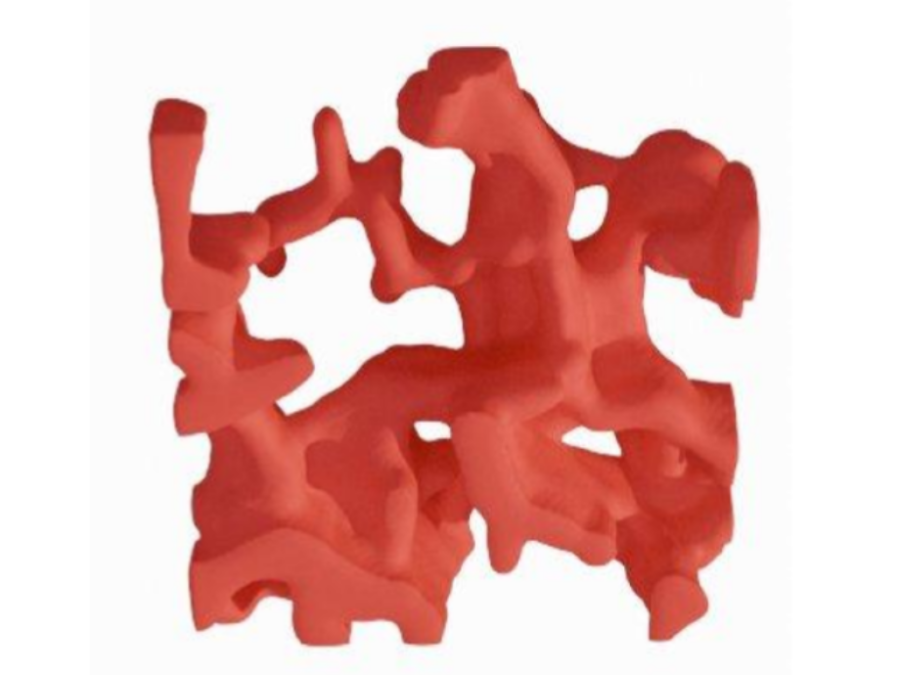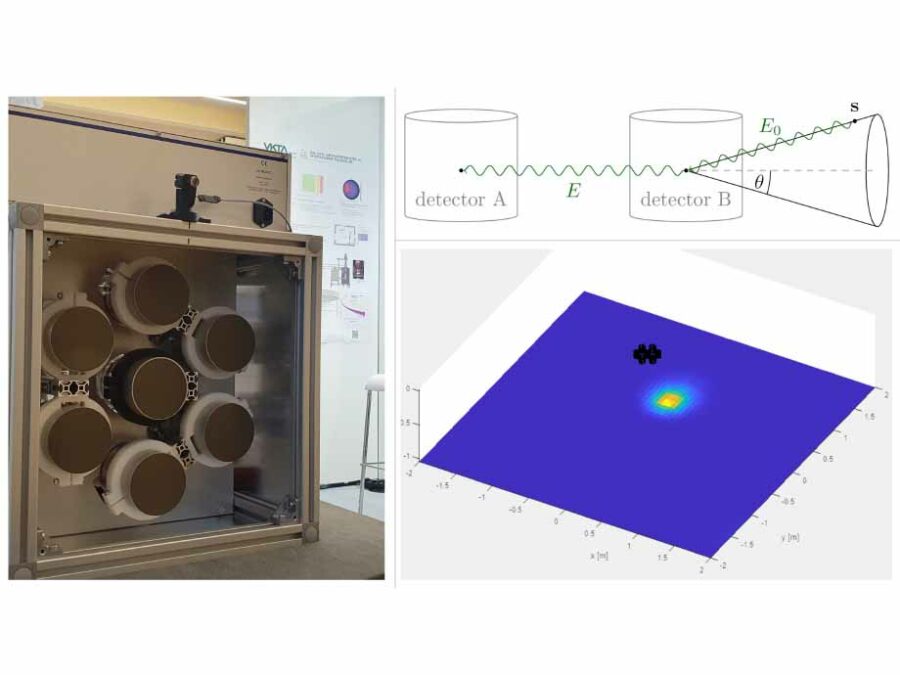FONDA: Dependability, Adaptability and Uncertainty Quantification for Data Analysis Workflows in Large-Scale Biomedical Image Analysis

Image: Envato Elements | info
The project aims to enhance infrastructures for machine learning (ML)-intensive DAWs in advanced biomedical imaging applications. Phase I focused on developing a framework for adaptable image analysis workflows using transfer learning and uncertainty quantification. However, the challenge of insufficient high-quality annotated data persists. In Phase II, the focus shifts to scalable DAW integration of recent self-supervised representation learning techniques. This includes developing methods to determine the optimal combination of imaging modalities and representation learning approaches, estimating the required number of annotations, and integrating manual annotations during the training of ML-intensive DAWs.
Loading...


